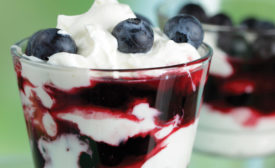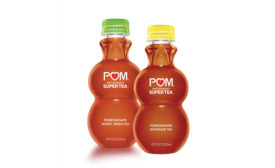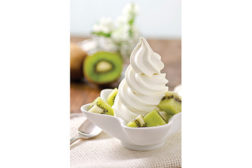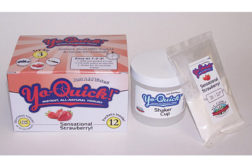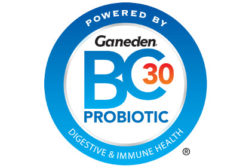Probiotics
Live long and prosper with probiotics
Prebiotic and probiotic ingredients have the potential to improve quality and length of life.
June 9, 2014
Cheers
Chr. Hansen to show a probiotic shot with fiber at German fair
BB-12 is Chr. Hansen’s flagship probiotic strain (Bifidobacterium) with fiber in the form of fructo-oligosaccharides
October 16, 2013
Stay ahead of the curve. Unlock a dose of cutting-edge insights.
Receive our premium content directly to your inbox.
SIGN-UP TODAYCopyright ©2024. All Rights Reserved BNP Media.
Design, CMS, Hosting & Web Development :: ePublishing
